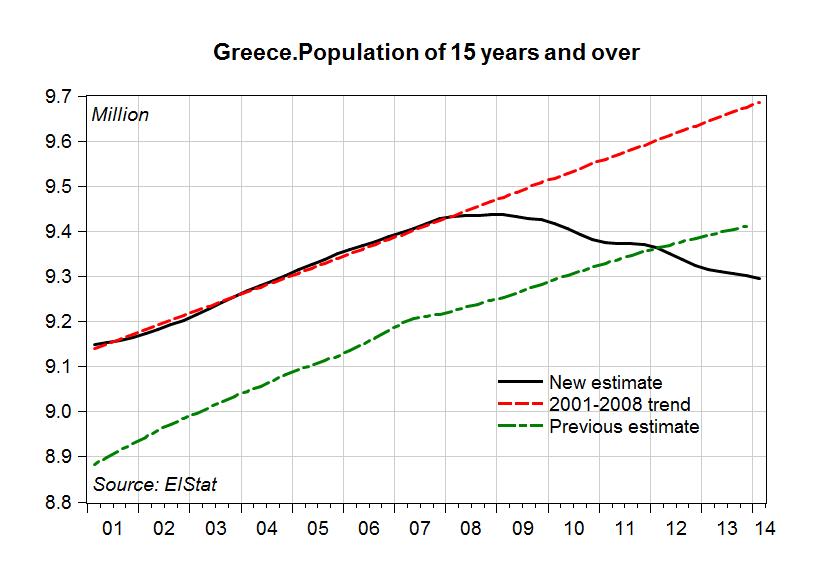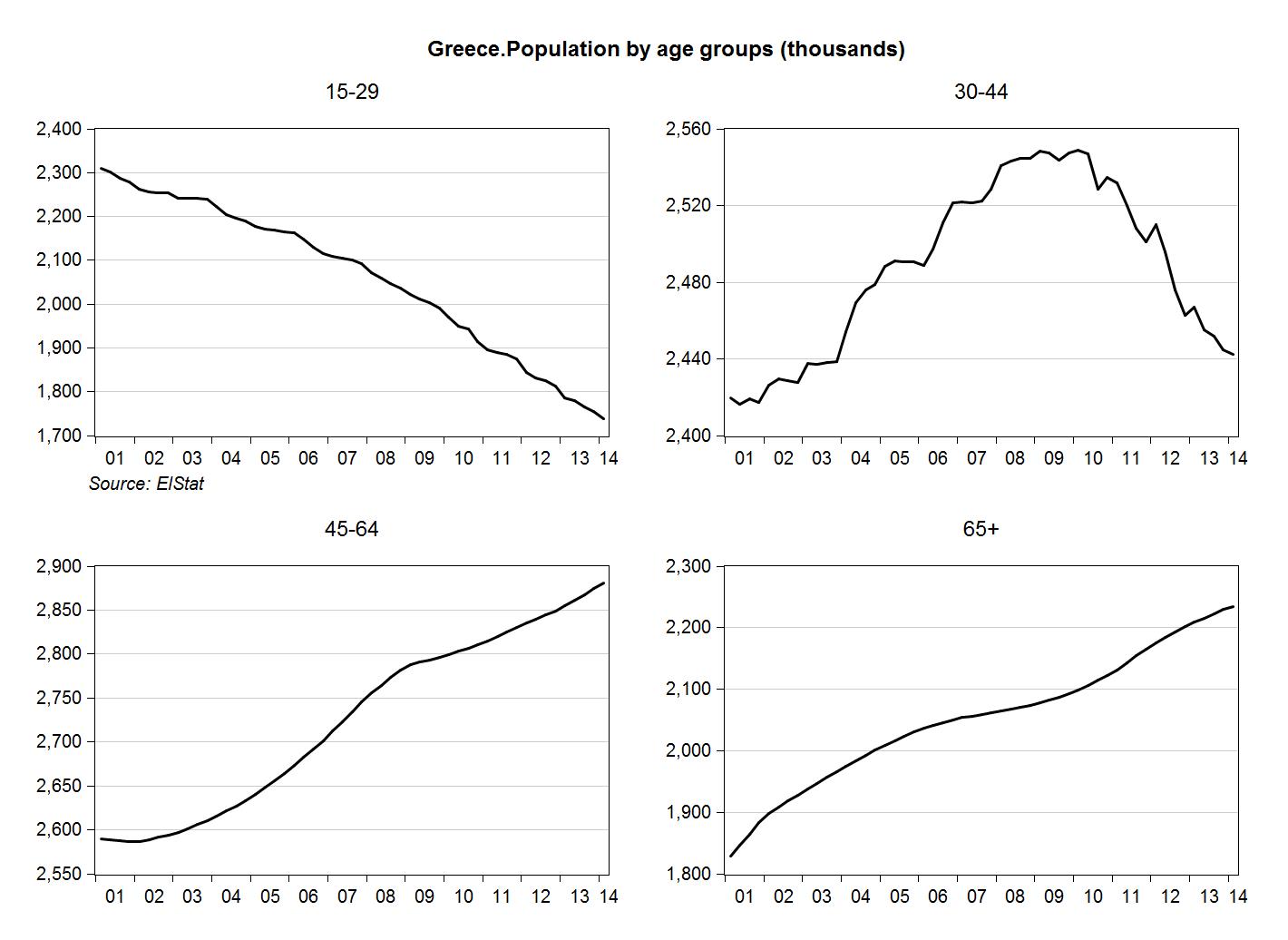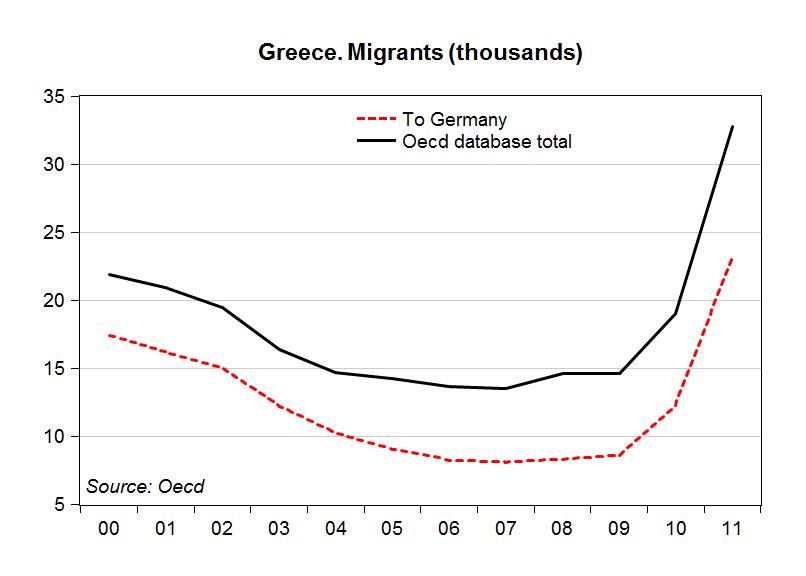Predatory Capitalism and Where to Go from Here
Contemporary capitalism is characterized by a political economy that revolves around finance capital, is based on a savage form of free market fundamentalism, and thrives on a wave of globalizing processes and global financial networks that have produced global economic oligarchies with the capacity to influence the shaping of policymaking across nations.[1] As such, the landscape of contemporary capitalism is shaped by three interrelated forces: financialization, neoliberalism, and globalization. All three of these elements constitute part of a coherent whole which has given rise to an entity called predatory capitalism.[2]
On the Links between Financialization, Neoliberalism, and Globalization
The three pillars on which contemporary predatory capitalism is structured—financialization, neoliberalism, and globalization—need to be understood on the basis of a structural connectivity model, although it is rather incorrect to reduce one to the other. Let me explain.
The surge of financial capital long predates the current neoliberal era, and the financialization of the economy takes place independently of neoliberalism, although it is greatly enhanced by the weakening of regulatory regimes and the collusion between finance capital and political officials that prevails under the neoliberal order. Neoliberalism, with its emphasis on corporate power, deregulation, the marketization of society, the glorification of profit and the contempt for public goods and values, provides the ideological and political support needed for the financialization of the economy and the undermining of the real economy. Thus, challenging neoliberalism—a task of herculean proportions given than virtually every aspect of the economy and of the world as a whole, from schools to the workplace and from post offices to the IMF, functions today on the basis of neoliberal premises—does not necessarily imply a break with the financialization processes under way in contemporary capitalist economies. Financialization needs to be tackled on its own terms, possibly with alternative finance systems and highly interventionist policies, which include the nationalization of banks, rather than through regulation alone. In any case, what is definitely needed in order to constrain the destructive aspects of financial capitalism is what the late American heterodox economist Hyman Minsky referred to as “big government.” We shall return to Minsky later in the analysis. continue reading…






 ShareThis
ShareThis